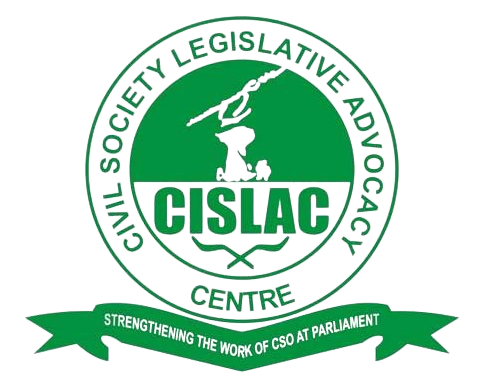CISLAC Condemns Judicial Corruption, Advocates for Reform

The Civil Society Legislative Advocacy Centre (CISLAC), Nigeria’s division of Transparency International, has articulated profound apprehension regarding an alleged surge in judicial corruption, cautioning that it jeopardizes the nation’s anti-corruption campaign, democratic stability, and adherence to the rule of law.
In a statement, CISLAC’s Executive Director, Auwal Musa Rafsanjani, deplored recent court verdicts that have thwarted the endeavors of pivotal law enforcement bodies such as the EFCC and ICPC, as several prominent corruption cases have been dismissed despite what the organization characterized as “unassailable evidence.”
Rafsanjani underscored rulings by Justice Chukwujekwu Aneke of the Federal High Court, who has controversially acquitted cases involving the former Chief of Air Staff, Air Marshal Adesola Amosu, and former Ekiti State Governor, Ayodele Fayose, among others. These cases implicated the misappropriation and laundering of billions of naira.
“These judgments cast a somber pall over the justice system,” Rafsanjani asserted. “The judiciary must transcend allegations of inducement and partisanship. Nigerians merit a justice system that upholds the rule of law and safeguards the rights of the populace, rather than one that caters to the interests of the powerful. Should the judiciary falter, democracy and justice both teeter on the brink.”
CISLAC advocated for financial scrutiny of judges whose lifestyles appear discordant with their earnings, urging agencies like the EFCC and the Nigerian Financial Intelligence Unit to probe potential undue political influence, including allegations connected to luxury housing facilitated by the Minister of the Federal Capital Territory, Nyesom Wike.
The Centre also implored the National Judicial Council and the Code of Conduct Bureau to enforce discipline, transparency, and regular asset declarations within the judiciary.
CISLAC concluded with an impassioned plea for citizens, media, and civil society organizations to hold the judiciary accountable before its credibility suffers irreparable harm both domestically and internationally.









